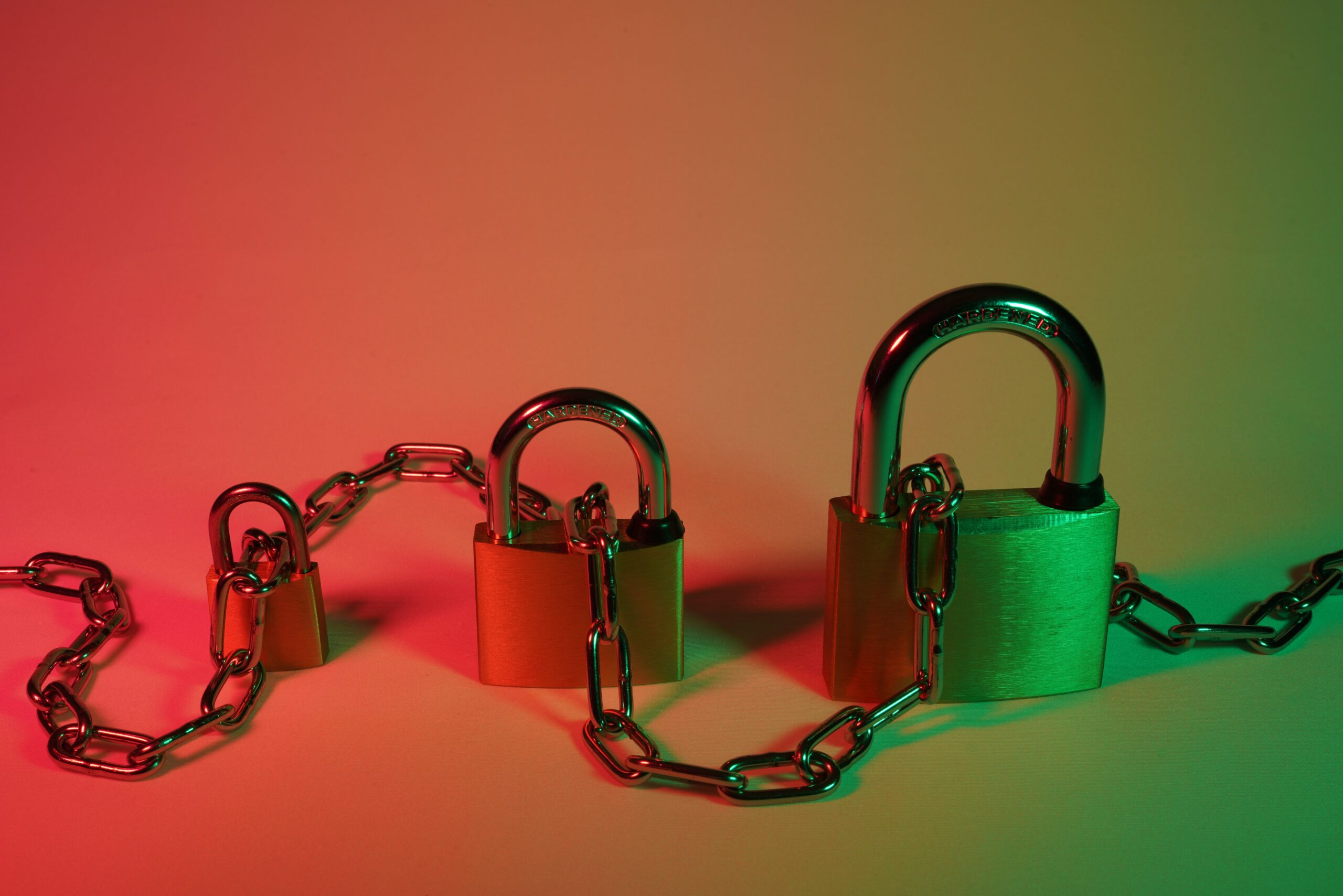How to Digitally Manage Your Data and Computer Security


Digital life is becoming a large part of our general lives, and the data and assets you store on your computer are more important than ever. Storing, sharing, accessing, and editing your digital assets are all important tasks, whether it's for work or just for fun. Thanks to the improvement of technology over the years, there are small devices that can hold all of the assets you've ever created all in one place, which can be both a blessing and a curse. It's great that everything is in one easy-to-find location, but there are so many things that can go wrong with that device that could cause much of your digital information to be lost or stolen. Due to this, it's important to learn about how you can manage and protect your assets to keep them safe for as long as you need them.
One of the easiest things you can do for yourself to keep your data in order is to use notes. While "notes" tends to suggest a pen and paper, in the digital age, it can also include storing your data intelligently, such as tagging and labeling your documents, categorizing things so they aren't just strewn about randomly, giving your information searchable keywords, and labeling every asset logically to indicate the subject of the content. Having these notes can help you to find files when you need them, so you don't end up wasting time sifting through files and folders and opening documents looking for the right one.
These notes can be helpful, but they're just one part of digital asset management. You'll also need to think about on what computers you might need to use these assets and whether those devices are secure. Keeping digital assets safe on a single storage device isn't too difficult, but if you need to have access to them at all times or be able to share them or access them remotely, you'll need a cloud storage solution. A cloud sync service can be installed on multiple devices and continuously synchronize data, so you can move from one device to another without worrying about whether or not you have an up-to-date copy of everything. This way, you will have access to your most important files at all times, no matter which device you're using.
The flexibility and freedom of the Internet and technology make storing and sharing assets easier than ever, but it can also put your computer security at risk. To help combat the risk of your computer and information being breached, keep your personal data to yourself as much as possible, and get creative with your passwords so they're never the same across websites. You should also set up multi-factor authentication to allow for more secure sign-ins on every website that gives you the option and install trusted security software on your devices to help protect your hardware and keep your data from being taken or corrupted. Also, make sure to verify the legitimacy of any website you're on to lessen the chances of a security breach, and always take the time to back up your work. You should make backups of your data regularly to protect your data and to ensure that the backup copies are up to date.
The use of digital data will only expand as time goes by, so the best time to implement these data security measures is now, before the volume of data you need to manage grows further. Over time, having a sound strategy for organizing and protecting your digital assets will help to protect both your time and your privacy.
- How to Protect Your Digital Privacy
- What You Need to Know to Protect Your Data Online
- Top Tips for Protecting Digital Content
- Protecting Your Work with Copyright
- Easy Steps to Protect Your Website from Being Copied
- Protecting Your Computer
- Protect Your Personal Information and Data
- How to Protect Your Computer Data
- Ten Ways to Secure Your Digital Content
- Managing Digital Content
- Digital Asset Management
- What Is Digital Rights Management, and How Can it Protect Your Content?
- The Best Ways to Secure Your Digital Assets and Protect Your Cyber Livelihood
- Protect Your Intellectual Property
- Planning for and Protecting Your Digital Assets



